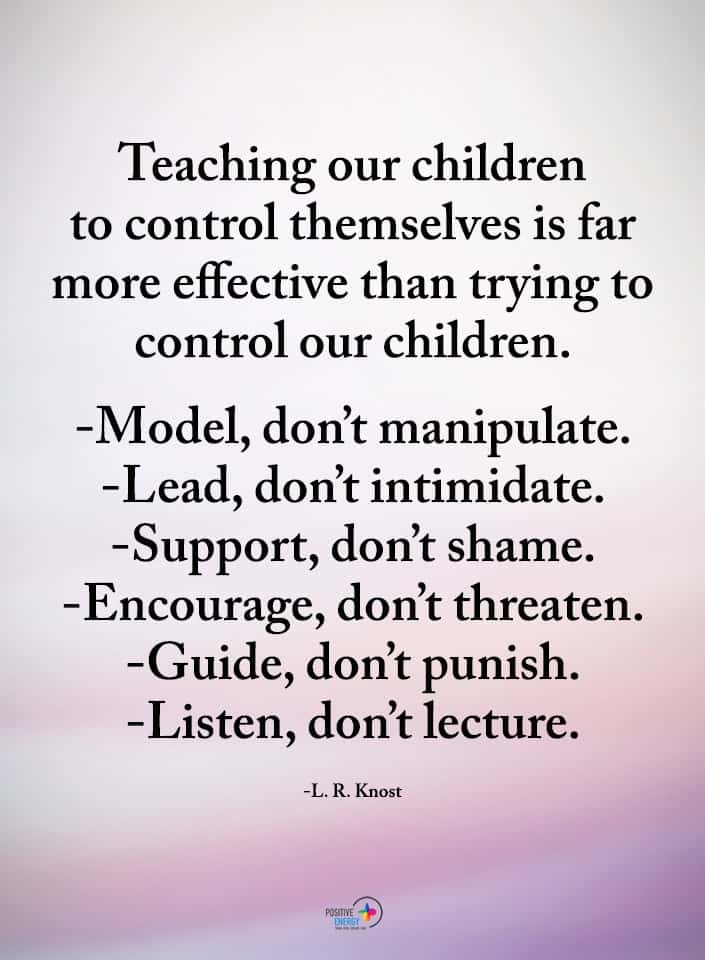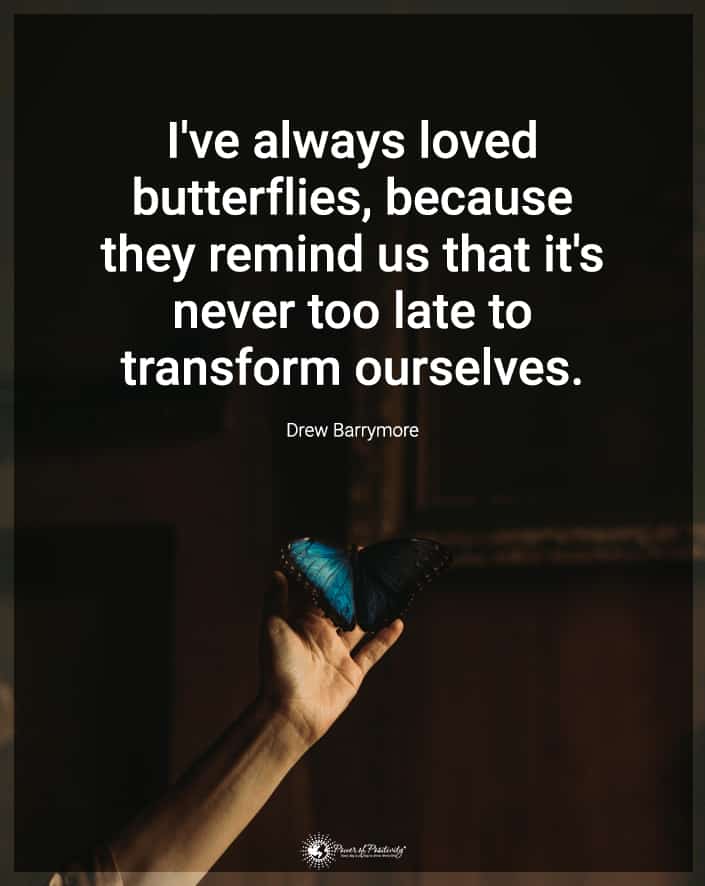“Yeah, there are 400,000 words in the English language and there are 7 of them that you can’t say on television. What a ratio that is!” – George Carlin
Please note that there will be no curse words in this article! You may continue reading!
*Or, if you’re looking for said curse words, please click on another one of our fab articles. Which there are plenty of, if we may say so.
Many of us know who George Carlin is. Many have an opinion on whether he was funny. He was certainly “vulgar, vile, rude, crude, lewd,” in his own words. Something that most people – fans and critics alike – will agree on about the late comedy legend is that he was brilliant with words.
Some call him a comedic genius.
And he swore…a lot.
Now, are we implying that every person who swears is a genius, or even intelligent? No. In fact, it may just mean the exact opposite. But there is a connection between cursing and intelligence – at least according to science.
One of the very interesting things about this apparent correlation is that popular mythology implies the exact opposite: people that swear like sailors are dumb.
Do You Swear? Here’s Why It Might Mean You’re A Genius
Well, many interesting things. In fact, the research conducted by psychologists Kristin Jay of Marist College and Timothy Jay of the Massachusetts College of Liberal Arts appears to contradict the old mythology that “people who swear are dumb.” This, despite the fact that both researchers hypothesized – as many do – that a propensity to curse does not have any linkage with intellect; and may just mean the opposite.
The study, published in the journal Language Sciences, may effectively disavow many of the previously-held notions about a person’s intelligence in relation to their swearing habits. Labeled as “taboo words,” the researchers made the following conclusion:
“A voluminous taboo lexicon may better be considered an indicator of healthy verbal abilities rather than a cover for their deficiencies. People who use taboo words understand their general expressive content as well as nuanced distinctions that must be drawn to use slurs appropriately. The ability to make nuanced distinctions indicates the presence of more rather than less linguistic knowledge, as implied by the POV [Poverty of Vocabulary] view.”
The researchers supplement this explanation with an overview of three main observations derived from their experiments:
– ‘Taboo word fluency is correlated with general fluency.’
– ‘Taboo fluency is correlated with neuroticism and openness.’
So, in other words. These smart folks reached the following conclusions:
– A wide-ranging “taboo” vocabulary is more likely to correlate with intellect than not.
– People who swear a lot often possess a rare, unique talent for self-expression.
– People who swear a lot often possess an aptitude for integrating curing words as a higher-level means of communication.
– Advanced knowledge and practice of “taboo words” indicates a presence of extensive verbal knowledge, per previous research on the topic.
– BUT, people that swear often have a propensity for neurotic thoughts and behavior.
Another interesting facet of the study: people that were able to conjure up the most curse words in 60 seconds tended to score higher on subsequently administered Intelligence Quotient (IQ) tests.
So…what does this mean?
Pretty convincing stuff. And potentially impactful.
It’s been known for years that language aptitude correlates highly with intelligence. Now, two prominent researchers may have effectively dispelled the myth that “people who swear are dumb.” Not only that, but they’ve taken it a step further by linking smarts with swearing.
Related article: Do You Get Anxiety? Here’s Why It Might Mean You’re A Genius
What if this mindset catches hold? Will parents allow their kids to swear freely? “Aww, Charlie dropped the ‘F-bomb’…our little boy is all growed-up!”
Taken a step further, will such knowledge further challenge the traditional “societal norms” that are already undergoing a type of evolution? Do such findings potentially advance the capabilities and innate traits of future human beings?
It’ll be interesting.
George Carlin would be proud, indeed.
References:
Jay, K. L., & Jay, T. B. (2015). Taboo word fluency and knowledge of slurs and general pejoratives: Deconstructing the poverty-of-vocabulary myth. Language Sciences, 52, 251–259. doi:10.1016/j.langsci.2014.12.003












